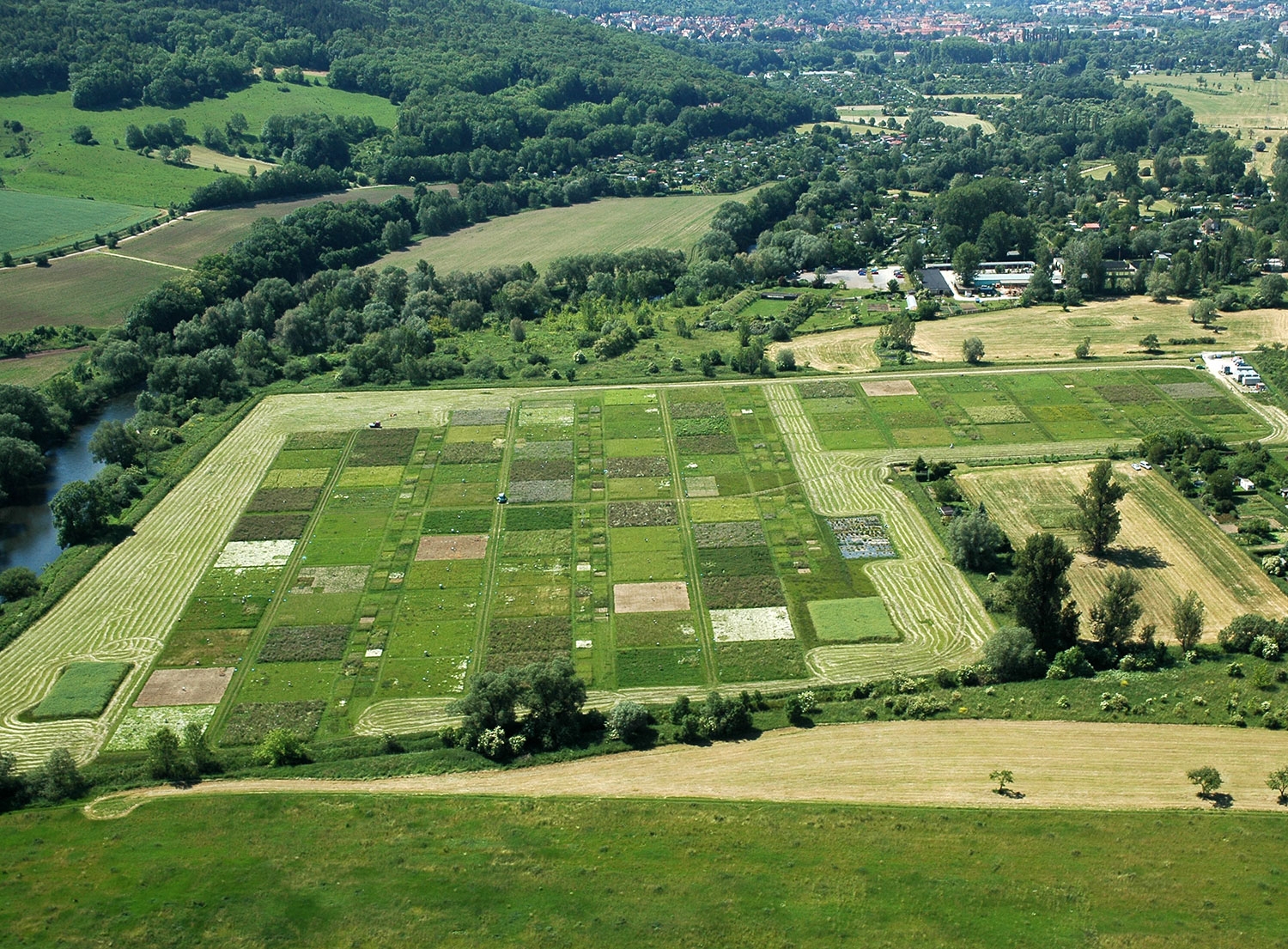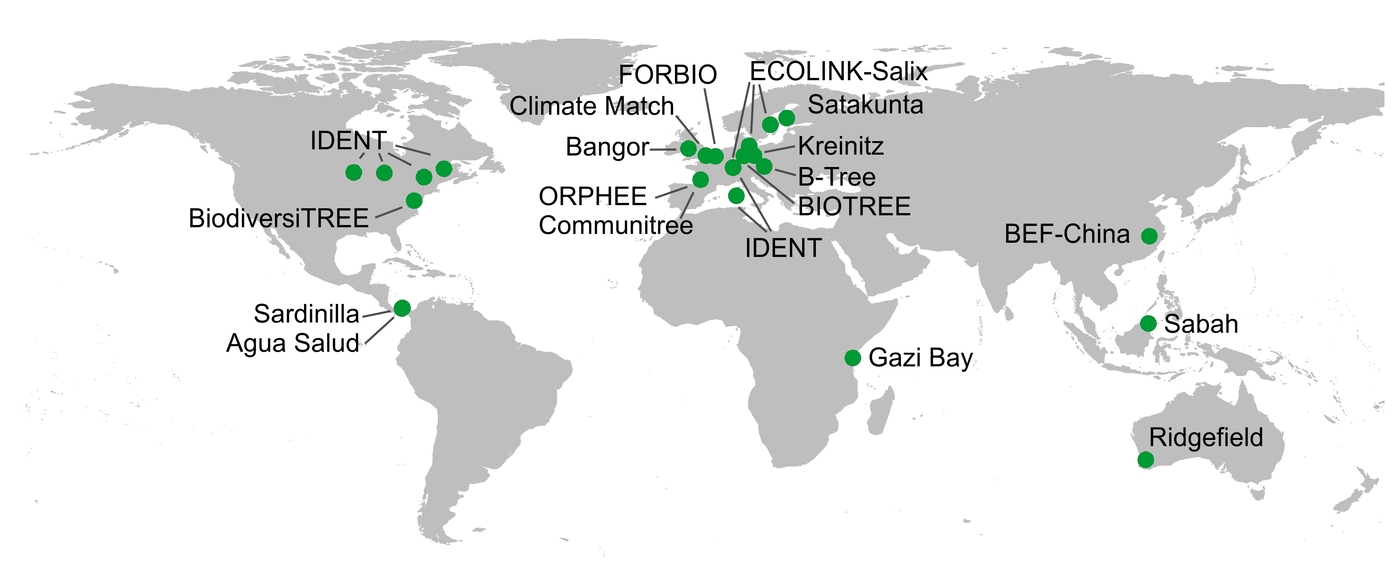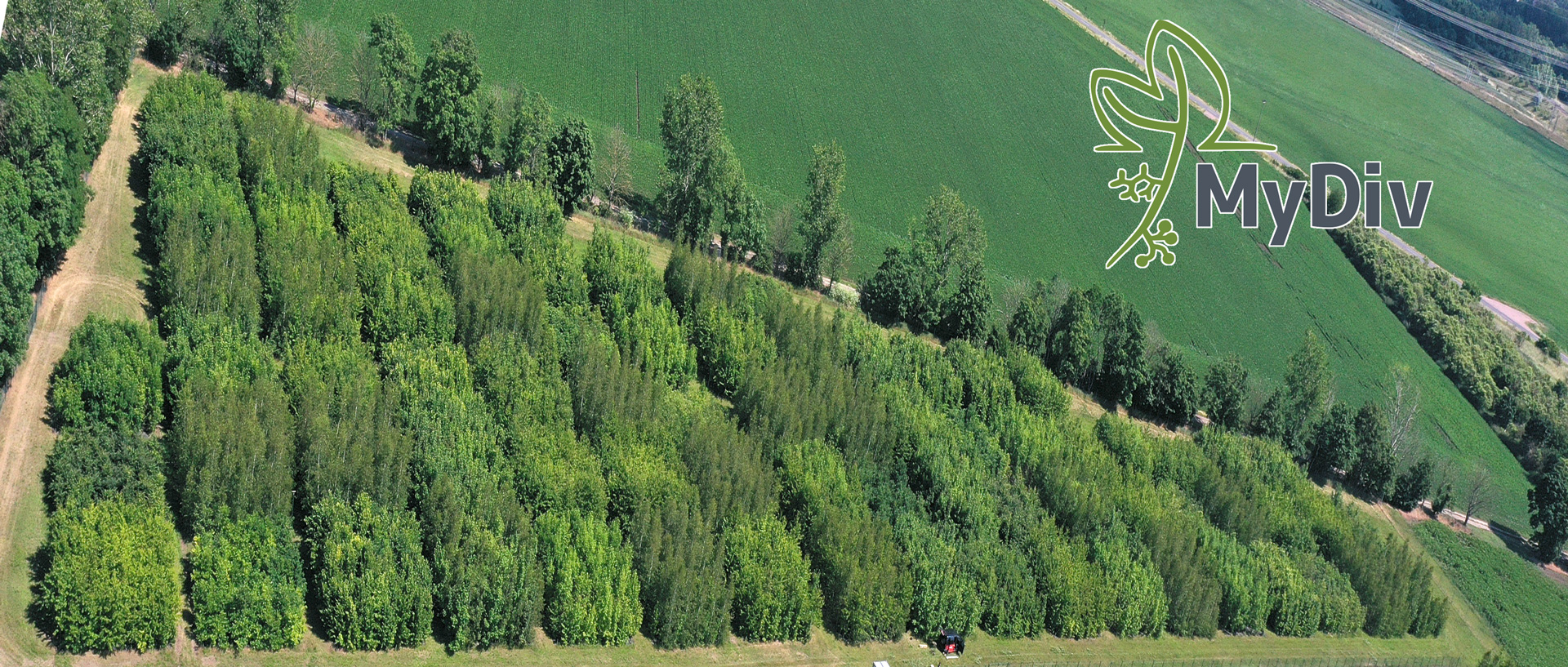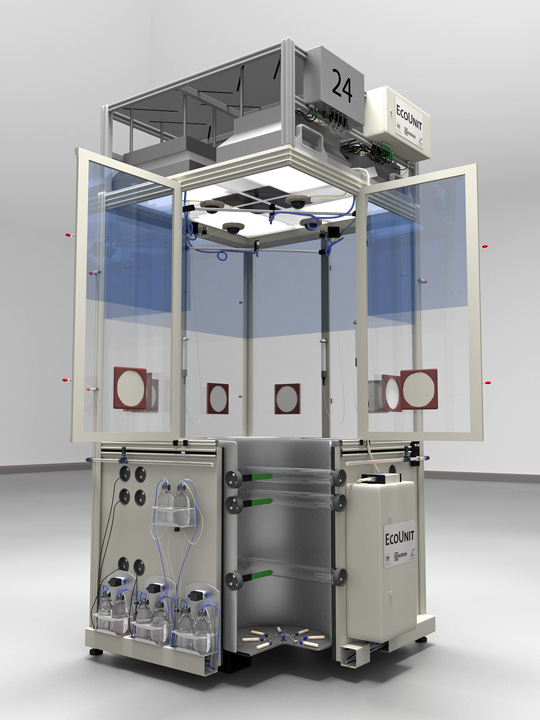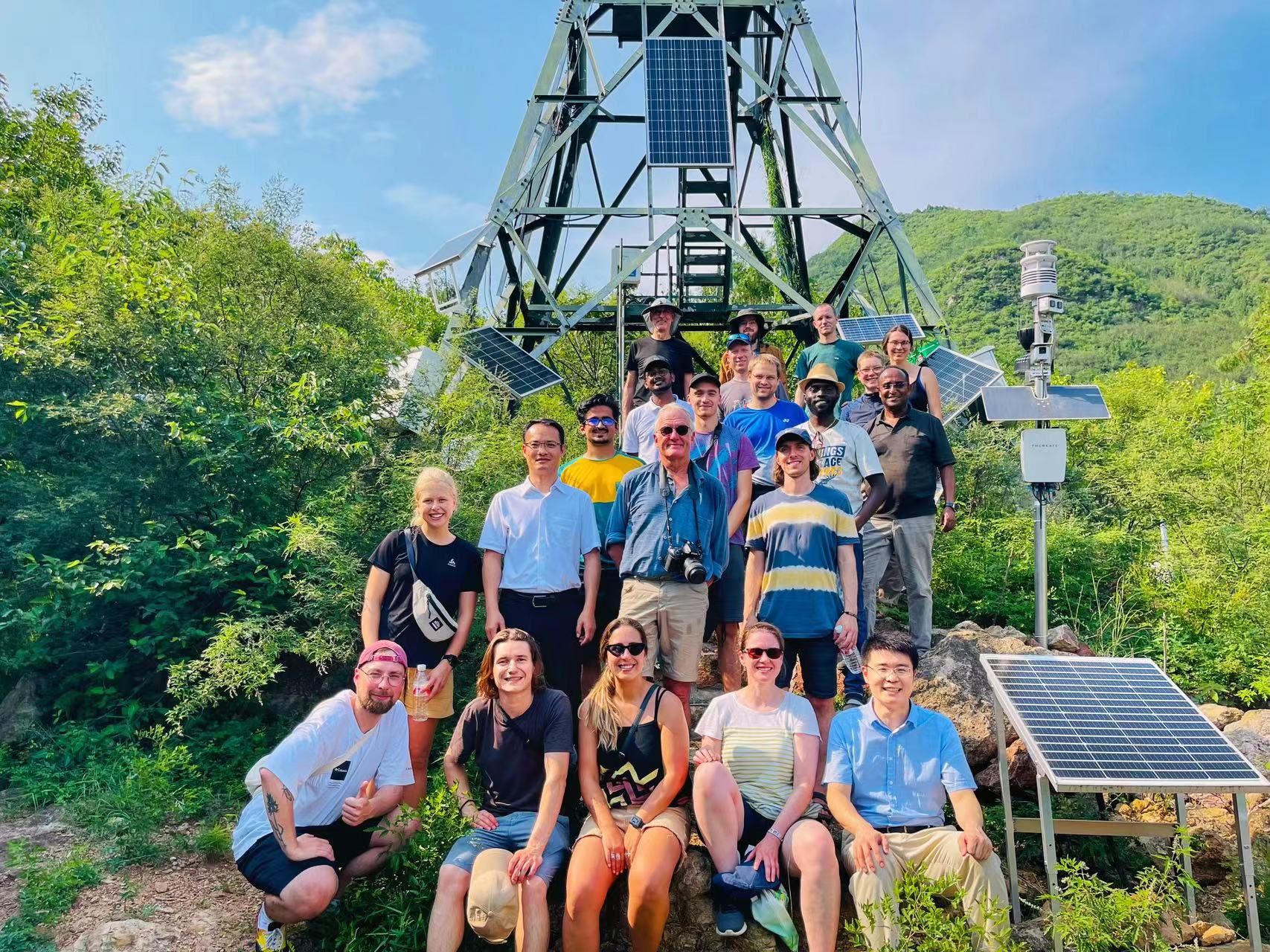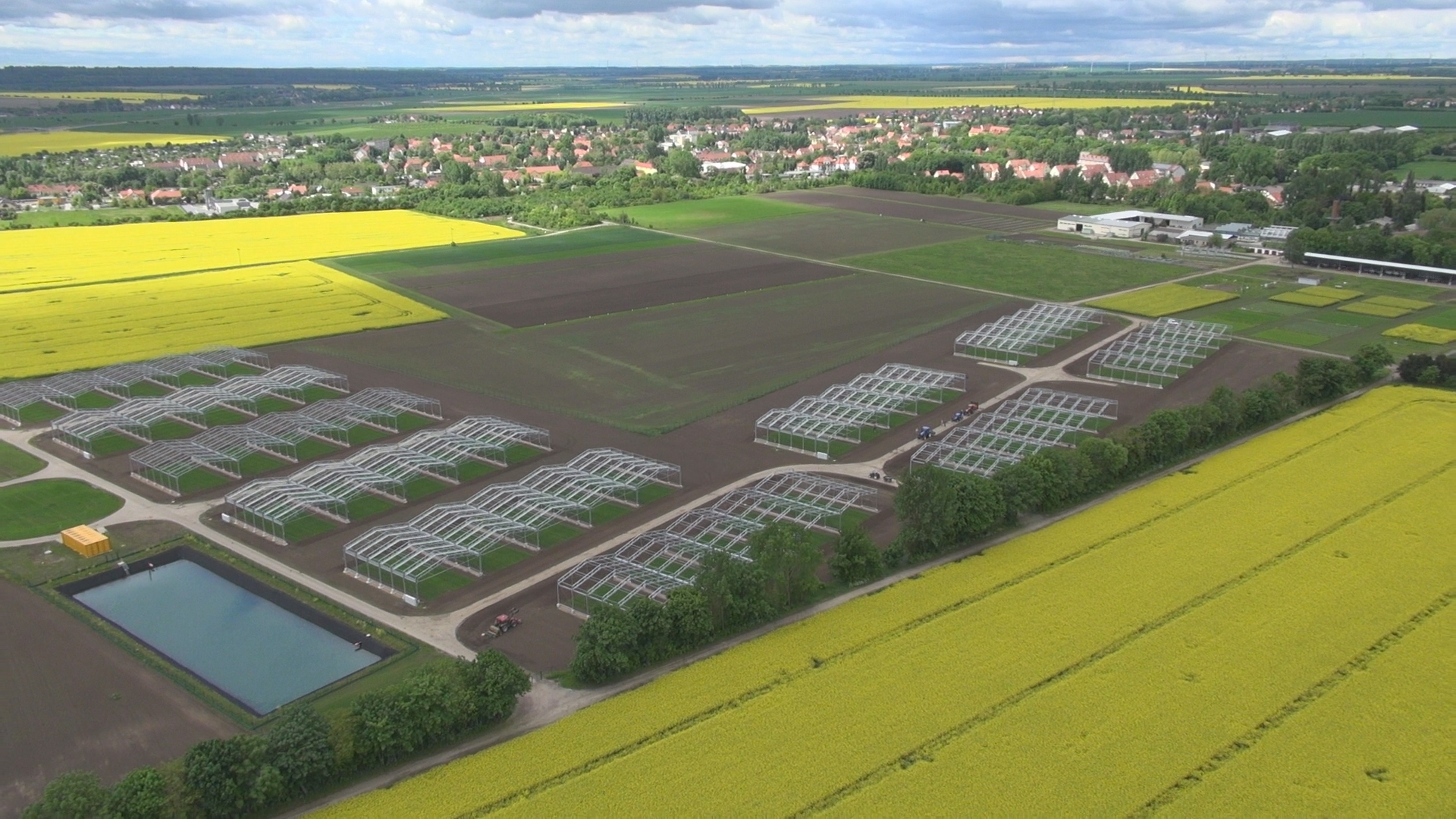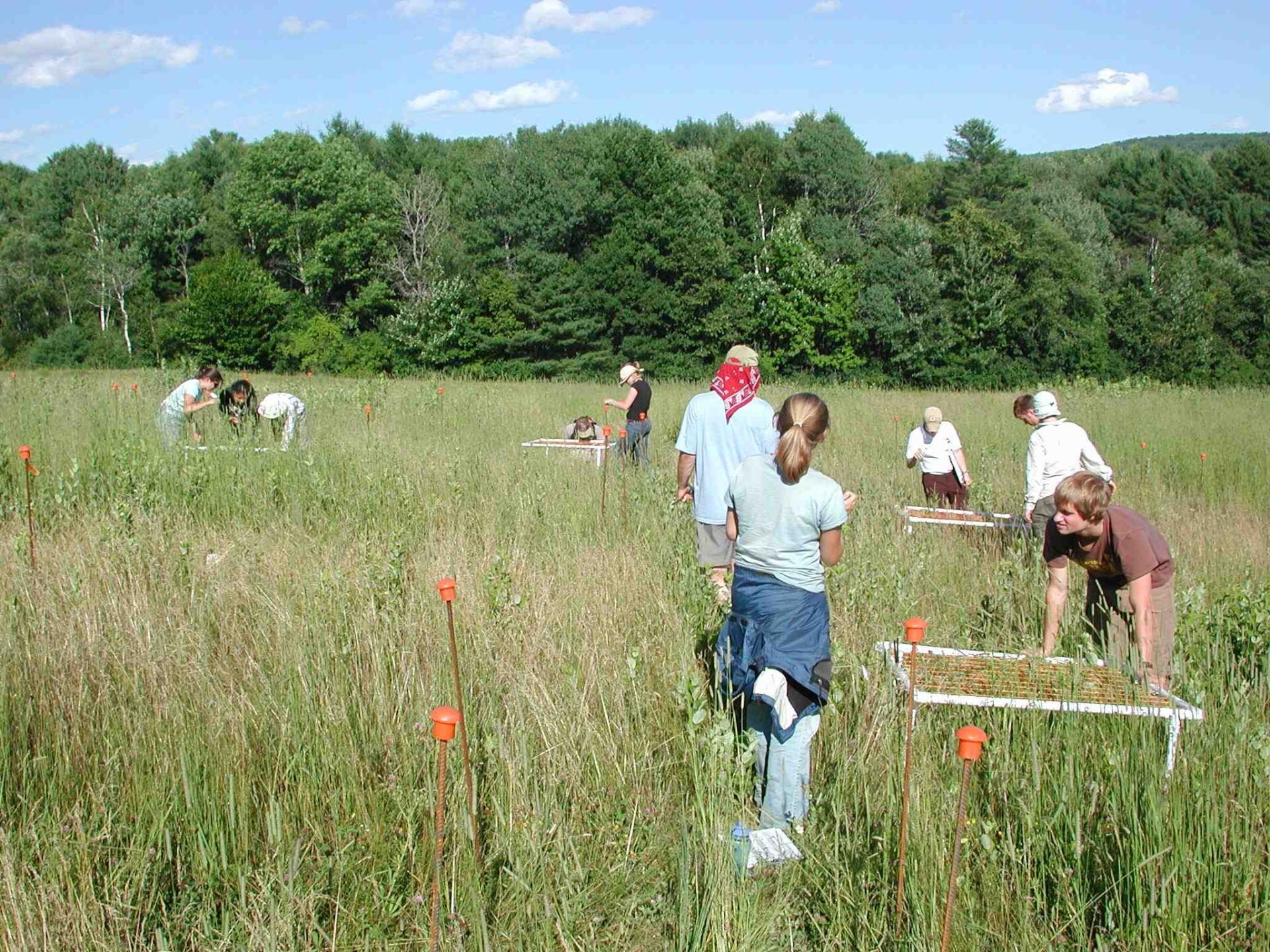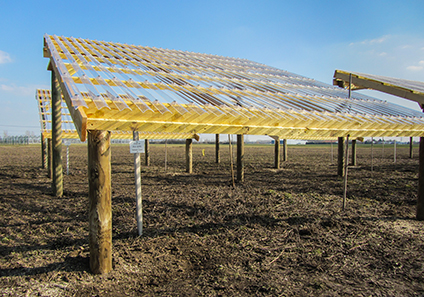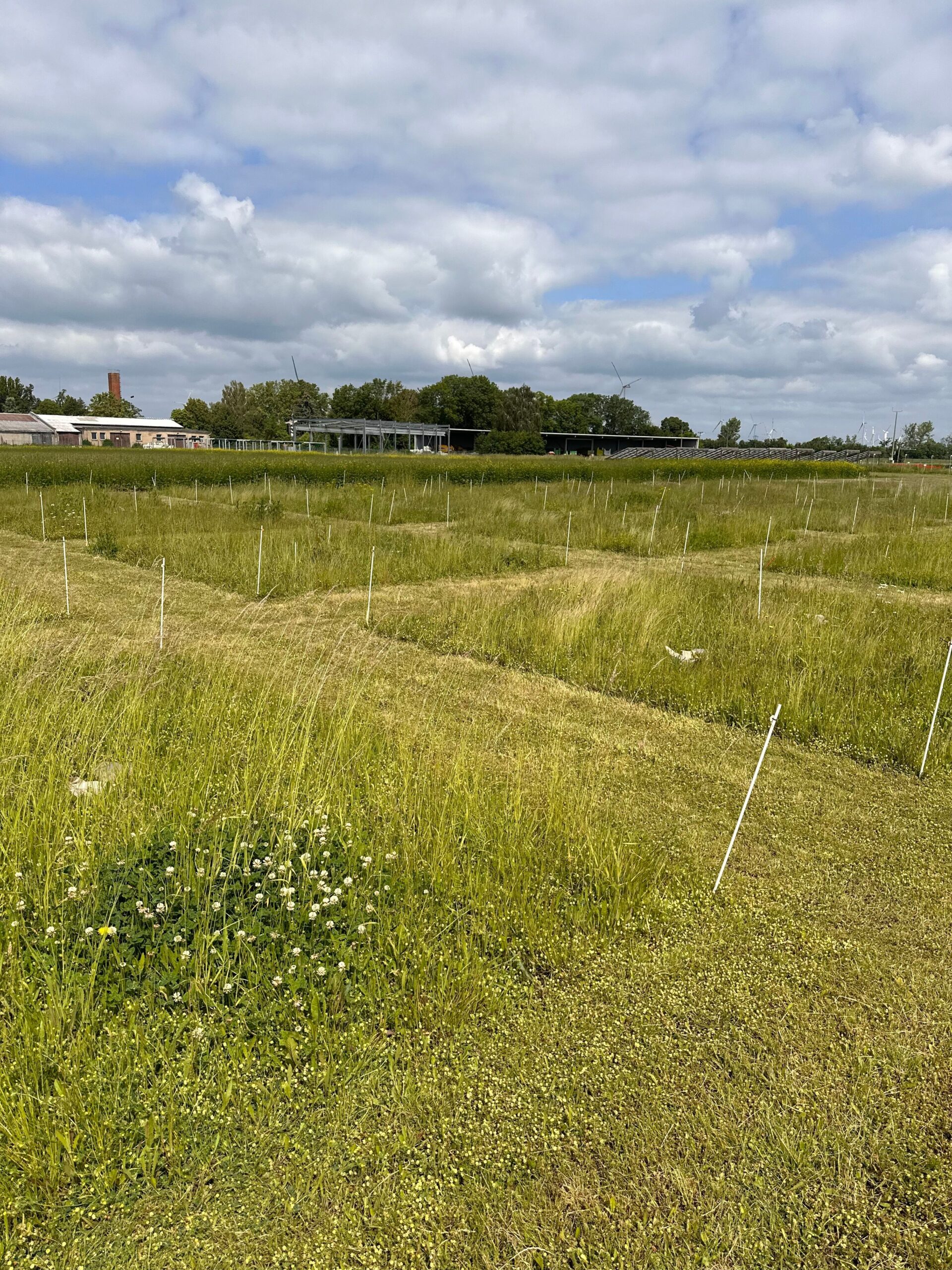Wir untersuchen:
- Auswirkungen der Biodiversität auf Ökosystemfunktionen,
- Auswirkungen des globalen Wandels auf komplexe Gemeinschaften und Ökosystemfunktionen und
- makroökologische Muster der Biodiversität und Ökosystemfunktionen.
Diese komplementären Ansätze ermöglichen es uns, Daten zu globalen Mustern mit gezielten Experimenten zu spezifischen Faktoren und ökologischen Mechanismen zu kombinieren. Unsere nachfolgend aufgeführten Projekte sind nur auf Englisch beschrieben.
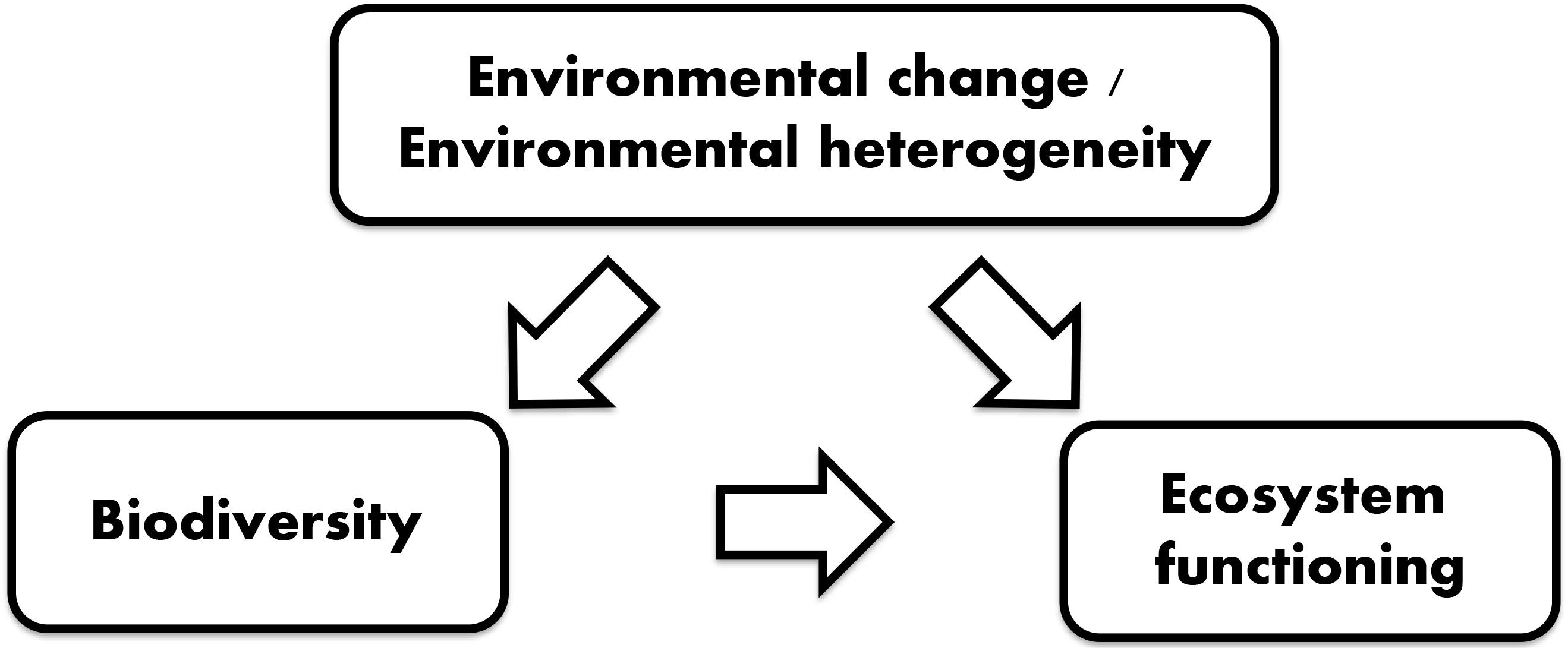

Auswirkungen der Biodiversität auf Ökosystemfunktionen
Das Jena Experiment
MyDiv (TreeDivNet)
iDiv Ecotron
TreeDì
Auswirkungen des globalen Wandels auf komplexe Gemeinschaften und Ökosystemfunktionen
Global Change Experimental Facility (GCEF)
BadNut (Nutrient Network)
BadDrought (Drought-Net)
BadBug (BugNet)
Makroökologische Muster der Biodiversität und Ökosystemfunktionen
Introduction
Soil BON
LUCAS Soil Ecosystem Functions
